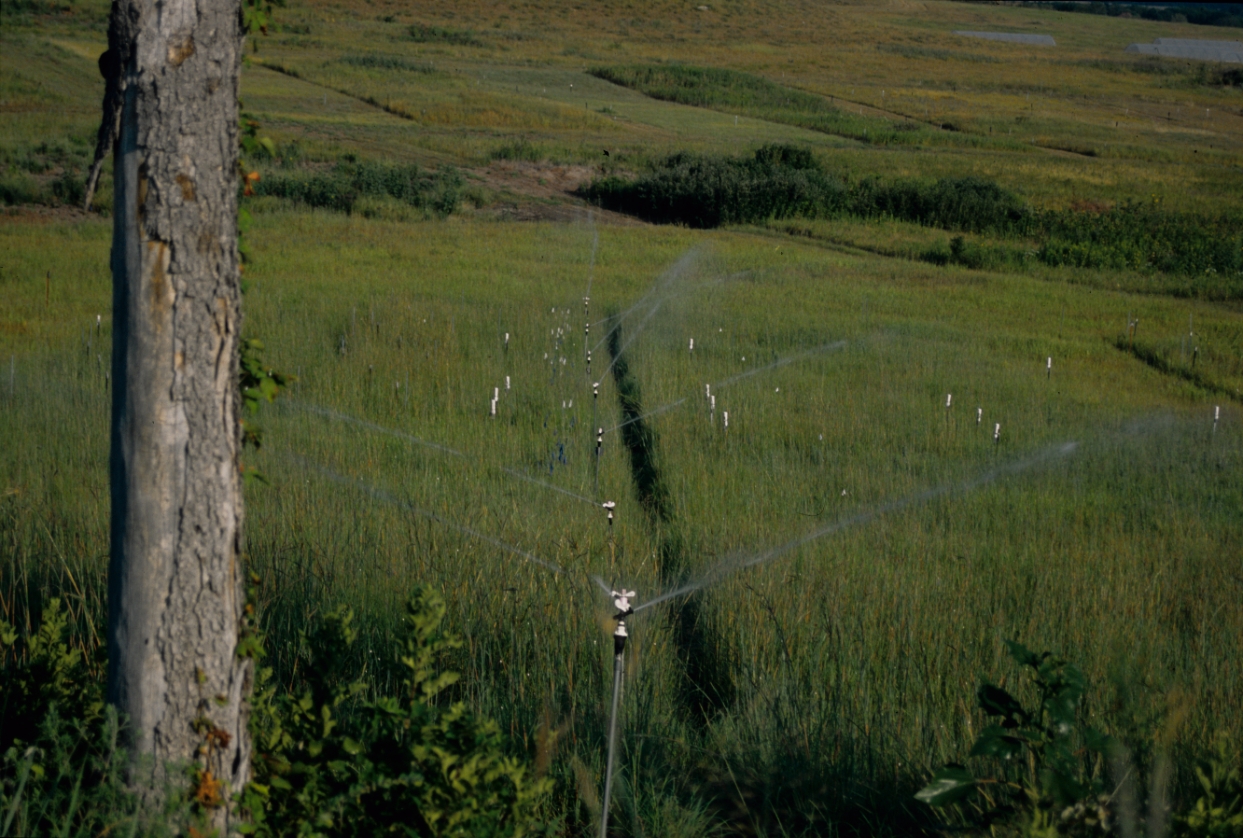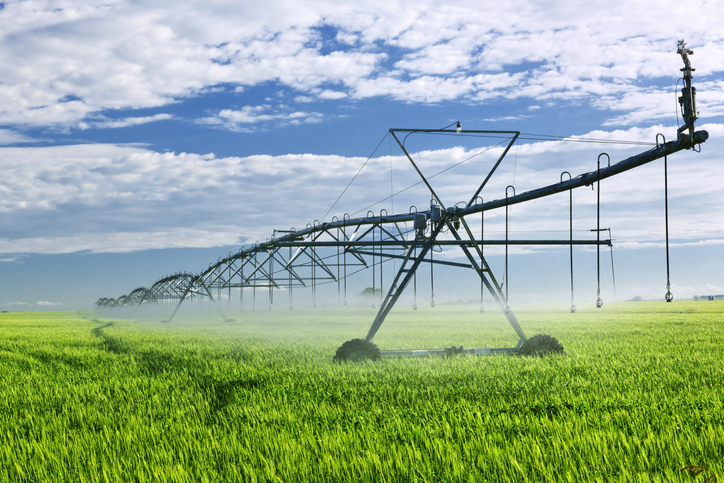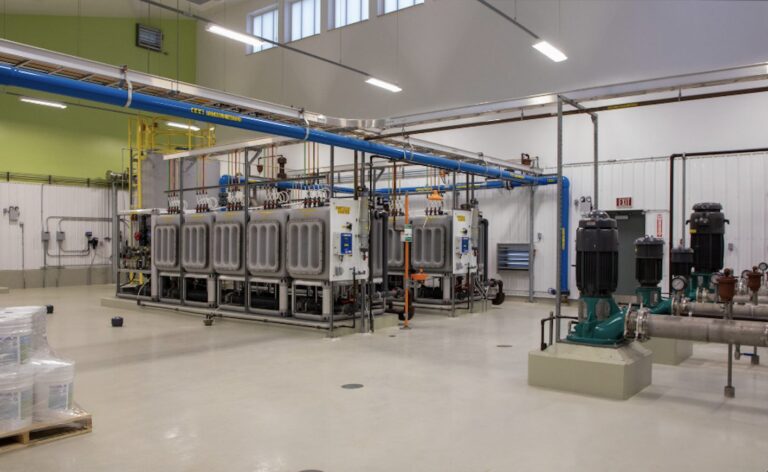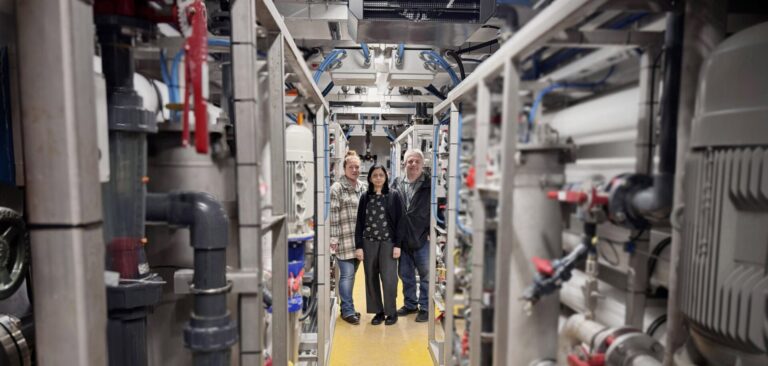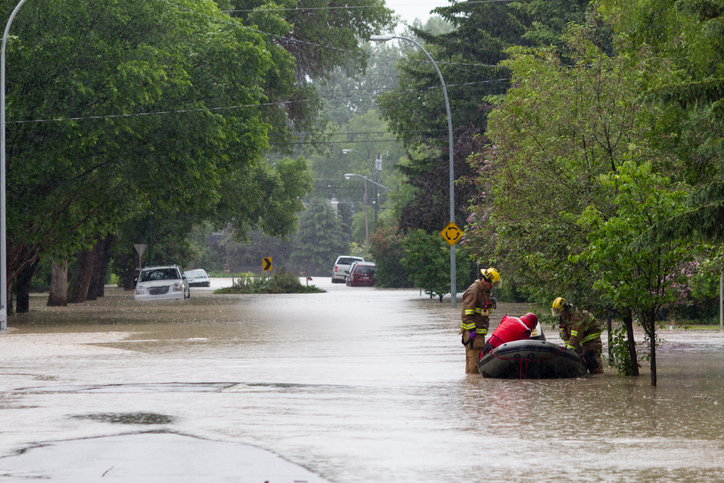Climate change may reduce the ability of soils to absorb water in many parts of the world, according to a study published in the journal Science Advances. This could have serious implications for groundwater supplies, stormwater runoff, food production and security, biodiversity, and ecosystems.
“Since rainfall patterns and other environmental conditions are shifting globally as a result of climate change, our results suggest that how water interacts with soil could change appreciably in many parts of the world, and do so fairly rapidly,” said Daniel Giménez, co-author of the study and professor in the Department of Environmental Sciences at Rutgers University. “We propose that the direction, magnitude, and rate of the changes should be measured and incorporated into predictions of ecosystem responses to climate change.”
Water in soil is crucial for storing carbon, and soil changes could influence the level of carbon dioxide in the air in an unpredictable way, according to Giménez. Carbon dioxide is one of the key greenhouse gases linked to climate change.
The next step is to investigate the mechanisms driving the observed changes, in order to extrapolate the findings to other regions of the world and incorporate them into predictions of how ecosystems will respond to climate change. The scientists also want to study a wider array of environmental factors and soils, and identify other soil changes that may result from shifts in climate.
The lead author of the study is Joshua S. Caplan, a former Rutgers postdoctoral associate now at Temple University. Scientists at the University of California, Riverside, University of Kansas, Kansas State University, and Colorado State University contributed to the study.
Header image credit: Rutgers University.

